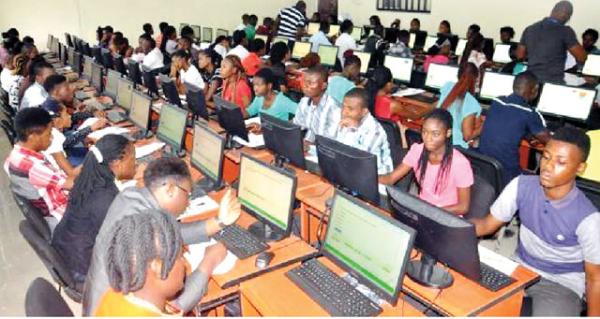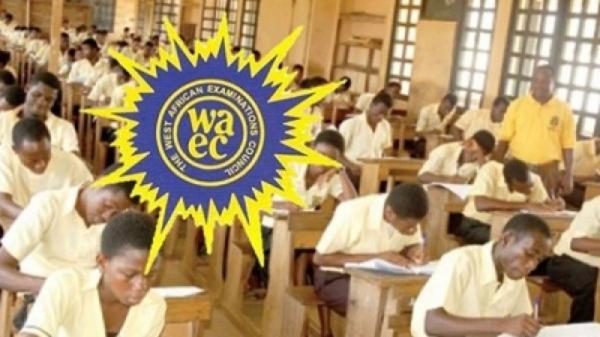
The Minister of Education, Dr. Tunji Alausa has reacted to the mass failure of students in the 2025 Unified Tertiary Matriculation Examination (UTME).
Alausa said this shows the increasing success of government efforts in tackling examination malpractice.
Speaking during an interview on Channels Television, Dr. Alausa said the disappointing performance of candidates is not a sign of declining intelligence, but a reflection of an examination system now better protected from cheating.
“It is a reflection of exams being done the proper way,” he said.
According to the minister, the Joint Admissions and Matriculation Board (JAMB) has achieved a high level of credibility through its strict adoption of Computer-Based Testing (CBT), which has made cheating nearly impossible.
“JAMB conducts its exam using computer-based testing. They have put so much security in place that fraud or cheating has been completely eliminated. Now, we don’t have the same in our other exams, like WAEC and NECO,” Alausa said.
Dr. Alausa revealed that the government is now working to replicate JAMB’s anti-malpractice model across all national exams.
Beginning in November 2025, WAEC and NECO will begin transitioning to CBT, and by 2027, all major national examinations including EMBRAS and NBTEB will be fully computer-based.
“From November of this year, WAEC and NECO will migrate their exams to computer-based testing. We have to use technology to fight this fraud. Governmental centres called numerical centres are not acceptable,” he stated.
He blamed widespread malpractice in secondary school exams for enabling a culture where dishonest practices are rewarded while dedicated students are discouraged.
“But what you are seeing now, people cheat through the secondary school exam system WAEC and NECO and then they go to do JAMB, where they cannot cheat. And that’s the reflection of what we are seeing today. It’s bad,” he lamented.
“So the ones that are good, you are going to make them bad. And that is what we have to stop completely. Zero tolerance to exam practices in our country.”
Dr. Alausa went further to emphasize how cheating demoralizes hard-working students.
“And the more important thing about cheating is that you disincentivise the hardworking students. If I were a student now, I am waiting for an exam for WAEC or NECO, and I realise that some of my other colleagues have already asked the question. You think I will read? No, I will join them!” he said.
He described the current state of malpractice in the education system as a full-blown ecosystem, involving students, parents, and invigilators, and said the ministry is determined to dismantle it.
“I taught in school from primary to secondary school. What is a basic thing there is the rampant cheating that goes on in the high school exam system,” he said.
“I do not mind washing our own dirty linen outside, because that’s how we have to improve our system.”
He praised the efforts made so far in JAMB’s operations, stating:
“JAMB is a clean exam now, almost 100% thought-free. The pervasive cheating in NECO and WAEC is what is causing this mess that we are in. When you allow these questions to leak, there is a complete lack of motivation for even the students that want to do the right thing.”
He said the issue is not about students being naturally dishonest, but about the corrupt system they find themselves.
“And we have a lot of our young citizens, they are very energetic, they are very productive, but it is in their DNA to do well. But it’s the environment they find themselves and that’s what we are determined to stop,” he stated.
“And we have made good progress in stopping this. And we are going to be very forceful about this because we have a youth population that we are training to be useful, to deliver to the country and to the world at large. We can not afford for this pervasiveness to continue in our education system. That is why we are attacking this frontally,” he added.
The 2025 UTME saw over 1.5 million candidates score below 200, sparking nationwide concerns.






















